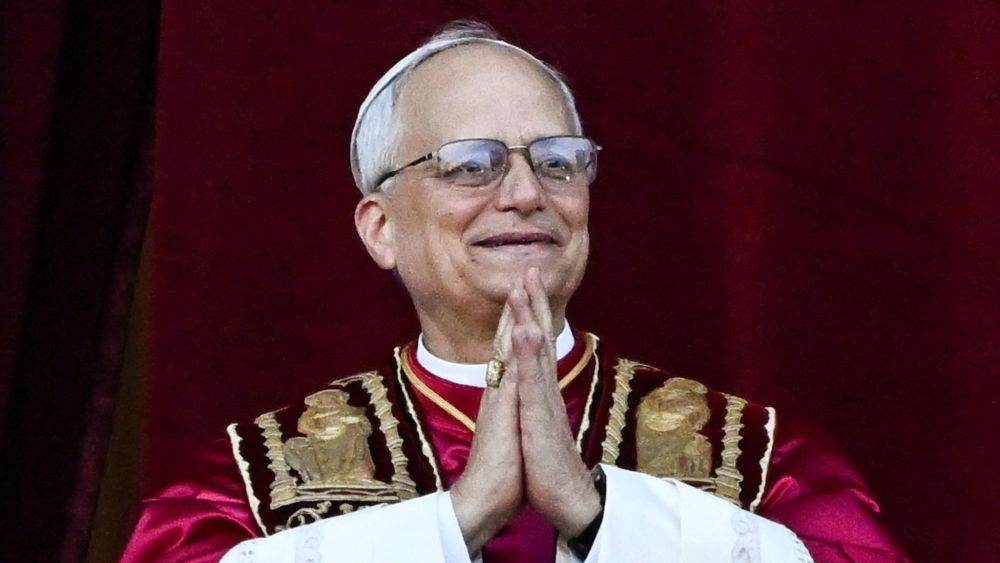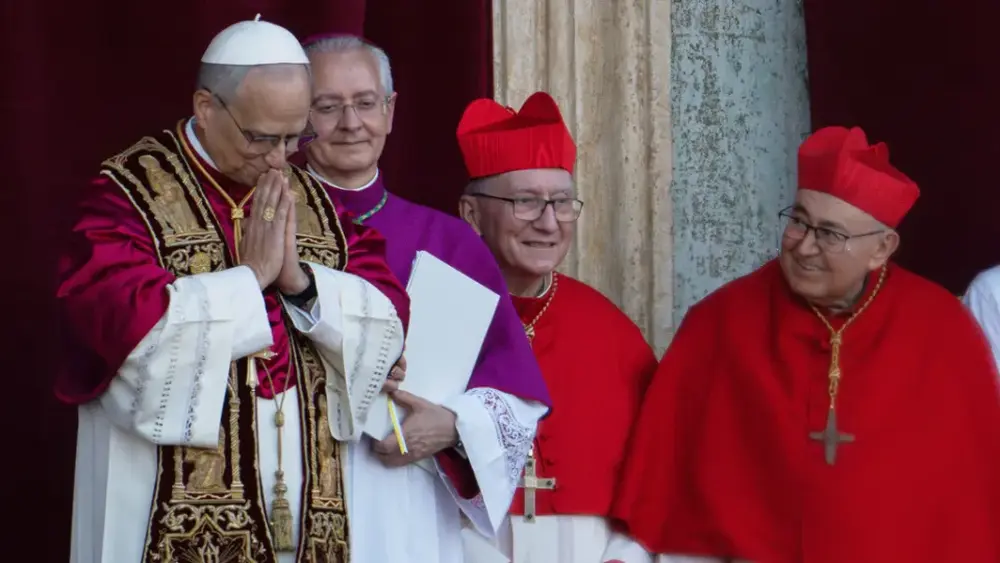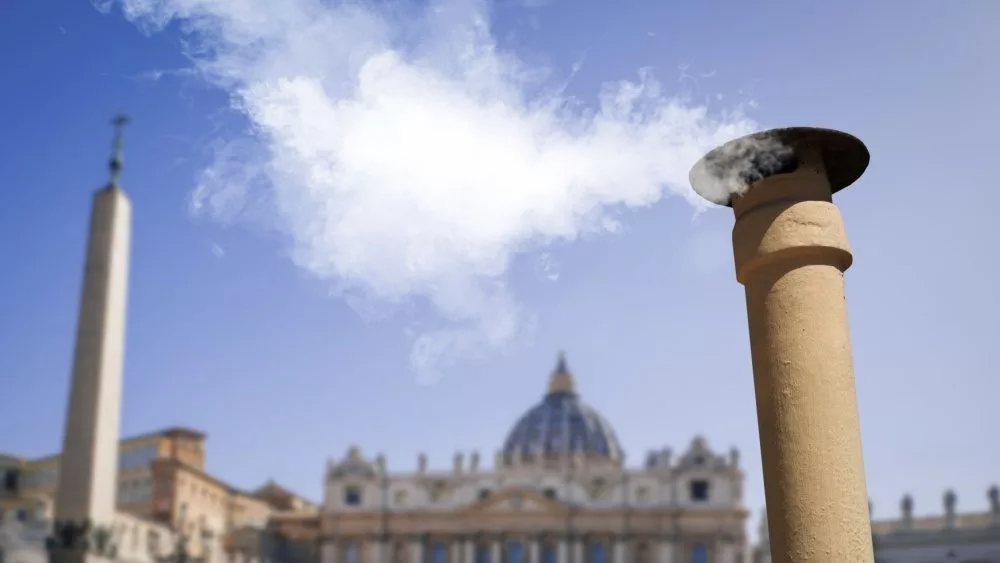On May 8, 2025, the Catholic Church welcomed a historic moment as Cardinal Robert Francis Prevost, a Chicago-born missionary, was elected the 267th pontiff, choosing the name Pope Leo XIV. This marks the first time an American has ascended to the papacy, breaking a long-standing taboo against a U.S. pope due to the nation’s global influence. At 69, Leo XIV brings a unique perspective shaped by his extensive work in Peru, where he served as a missionary and bishop, and his leadership within the Order of Saint Augustine. His election, announced with white smoke from the Sistine Chapel and the ringing bells of St. Peter’s Basilica, signals a continuation of Pope Francis’ legacy while hinting at a distinct approach to leading the world’s 1.4 billion Catholics.

Pope Leo XIV’s choice of name carries profound symbolic weight. The name Leo, last used by Pope Leo XIII (1878–1903), evokes a legacy of social justice and reform, particularly through Leo XIII’s encyclical Rerum Novarum, which championed workers’ rights. By adopting this name, Leo XIV suggests a commitment to addressing contemporary social challenges, such as poverty, migration, and environmental concerns—issues he shares with his predecessor, Francis. His first words from the balcony of St. Peter’s, “Peace be with you all,” delivered in Italian and Spanish, underscored a vision of a “missionary church” that builds bridges and fosters dialogue. His emphasis on peace and unity, coupled with his Augustinian roots, points to a papacy grounded in humility and service.

Despite his American origins, Leo XIV’s global experience sets him apart. Born to a family of French, Italian, and Spanish descent, he spent decades in Peru, earning citizenship and working with marginalized communities. This background aligns him closely with the Global South, where the Catholic Church’s growth is most dynamic. His tenure as prefect of the Dicastery for Bishops under Francis, where he oversaw the inclusion of women in the bishop nomination process, reflects a balanced approach—open to reform yet cautious on issues like women’s ordination, which he has opposed, citing potential complications. His fluency in multiple languages and his time in Peru and Rome equip him to navigate the Church’s ideological divides, making him a “dignified middle-of-the-road” leader.

As Pope Leo XIV steps into his role, the world watches with anticipation. His election has sparked joy in Chicago, Peru, and beyond, with figures like President Trump and former President Obama celebrating this milestone. Yet, challenges loom, from addressing clergy abuse scandals to engaging in interreligious dialogue and tackling global crises. His call for a Church that “welcomes everyone” and his nod to Francis’ reforms suggest a papacy that will strive for inclusivity while rooted in tradition. With a possible trip to Turkey for the 1,700th anniversary of the Council of Nicaea on the horizon, Leo XIV’s leadership promises to blend diplomacy, spirituality, and a commitment to justice, ushering in a new chapter for the Catholic Church.

#PopeLeoXIV #CatholicChurch #NewPope #AmericanPope #Vatican #SocialJustice #MissionaryChurch #GlobalSouth #ChicagoPride #PeruRoots #ChurchReform #PeaceAndUnity #FaithInAction #VaticanNews #PopeFrancisLegacy
